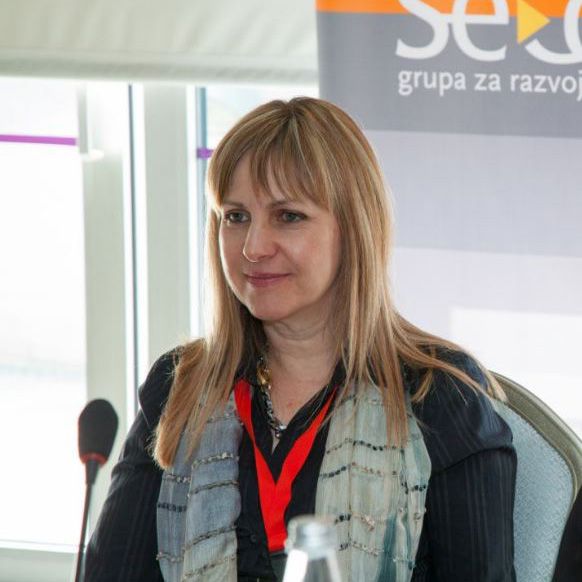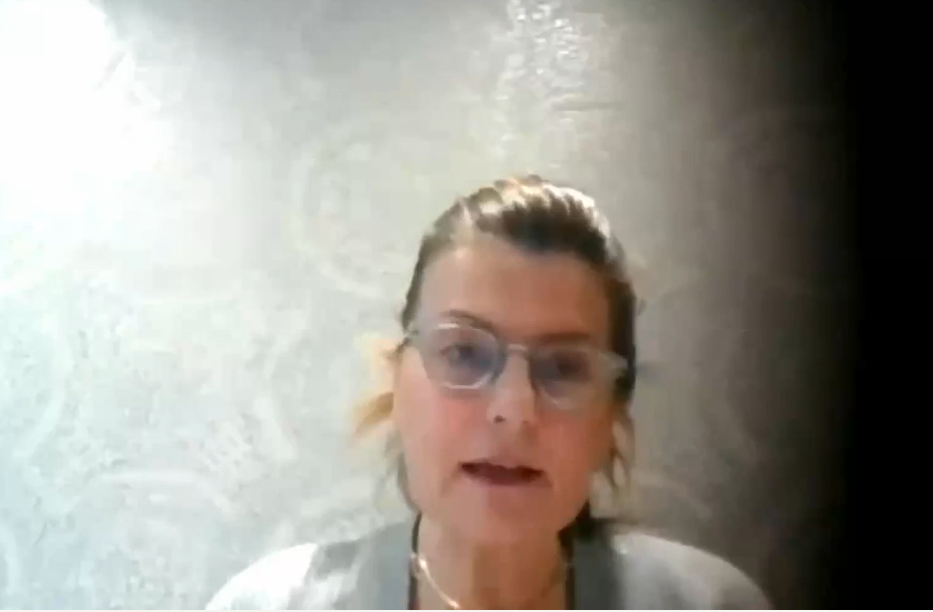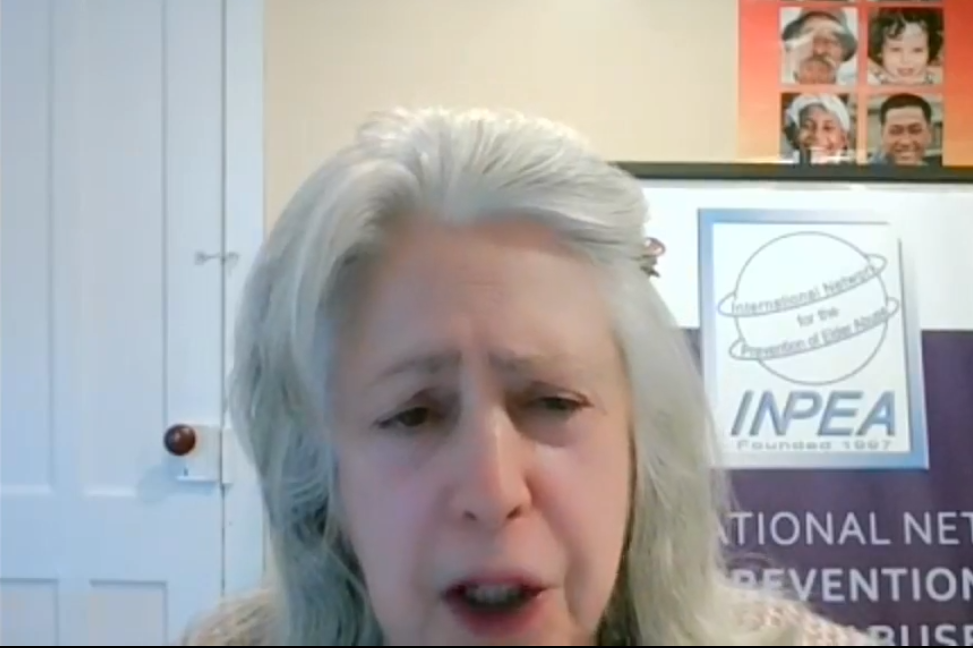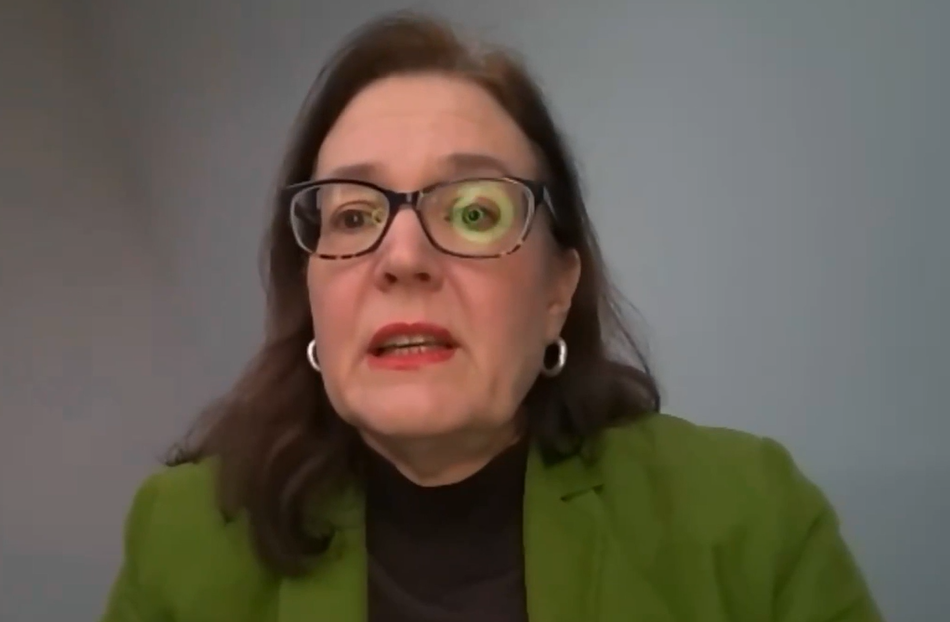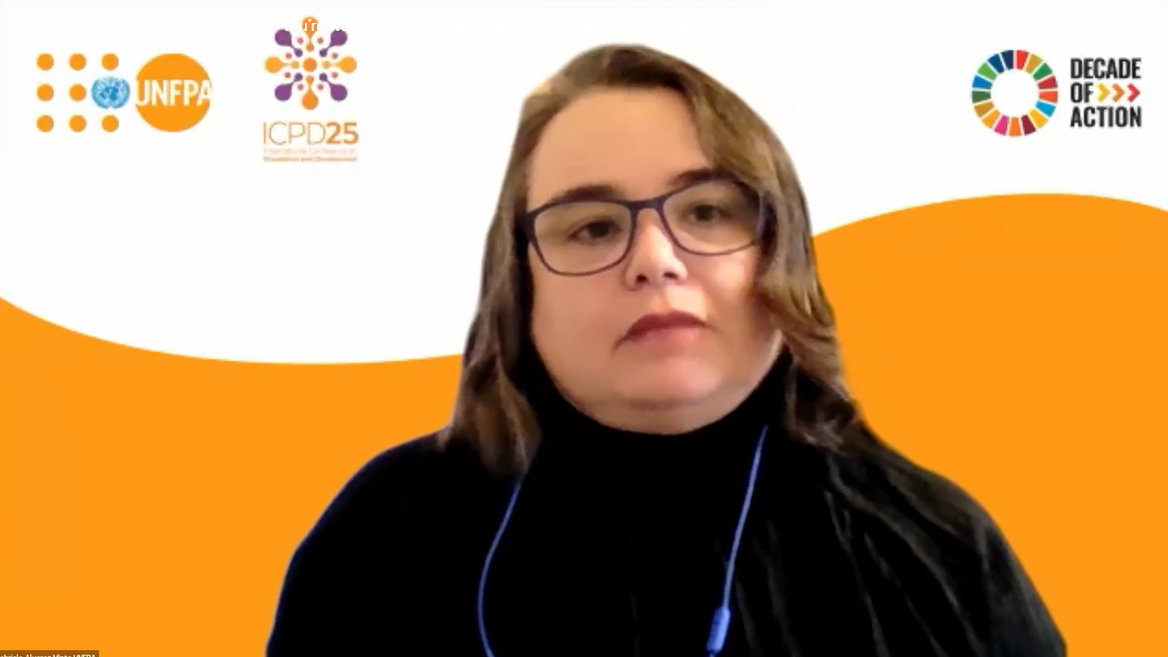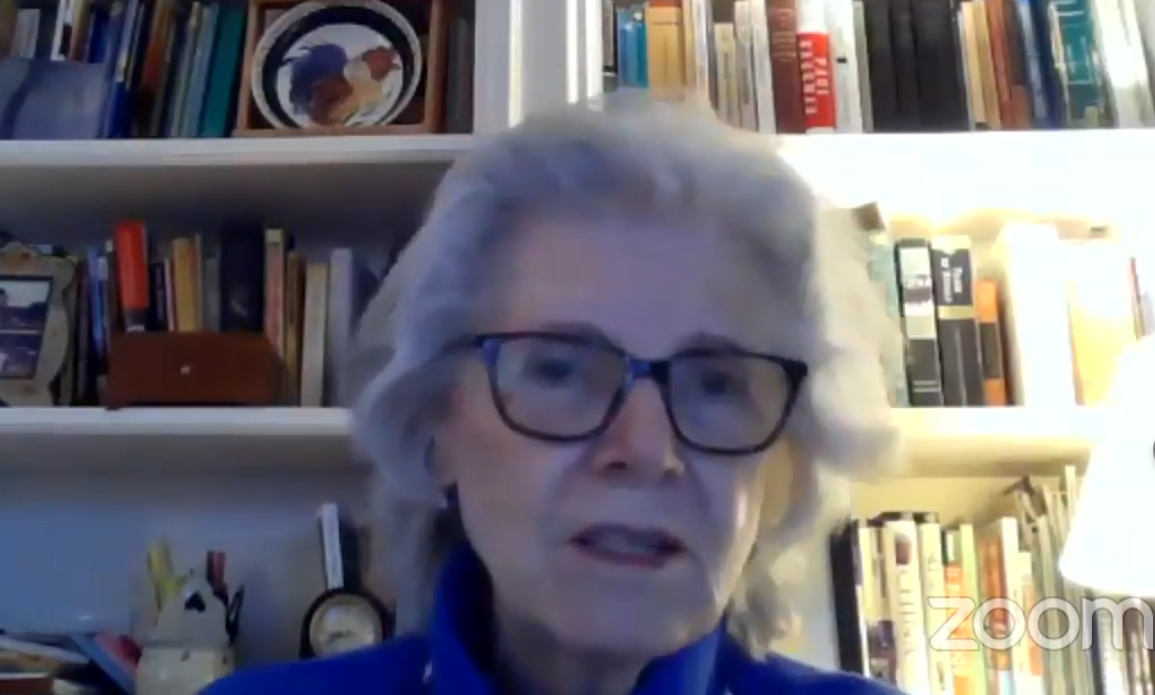Conference “Exploring violence against older women in the Western Balkans, Moldova and Ukraine”

The Red Cross of Serbia and the United Nations Population Fund (UNFPA) organized a conference on the occasion of the presentation of the results of the research “Violence against older women in the Western Balkans, Moldova and Ukraine”. It is a study that summarizes the findings of research on violence against older women based on a database from the large research study conducted by the OSCE in 2018 “Welfare and Security of Women”. The database of that research was kindly provided by the OSCE to the Red Cross of Serbia. The study covers: Serbia, Albania, Bosnia and Herzegovina, Montenegro, North Macedonia, Moldova, Ukraine and Kosovo.*
The speakers at the conference were as follows: Gabriela Alvarez Minte, Regional Adviser on Gender Equality, UNFPA Regional Office for Eastern Europe and Central Asia, who spoke about the need to recognize older women from a life course perspective and especially in the light of the Sustainable Development Goals and the imperative to leave no one behind; Borka Jeremic, UNFPA Office for Serbia, emphasized the importance of cooperation with the Red Cross of Serbia and the joint effort to understand the situation of older persons through research in order to create the basis for further advocacy activities; dr. Claudia Mahler, the Independent Expert on the enjoyment of all human rights by older persons, pointed out that data collection is important in order to understand the phenomenon of violence and enable the protection of older women, but also that special attention should be paid to those groups of women at increased risk (those who live in poverty, those with different levels of education or different ethnicity ...). A new United Nations Convention on the Rights of Older Persons would be important for safety and dignified aging of both women and men; Prof. dr. Patricia Brownell, Fordham University, New York, introduced the conference participants to previous initiatives and research on violence against older women and highlighted the importance of this study as a tool for advocacy at global level; Prof. dr. Marija Babovic, from the Faculty of Philosophy, University of Belgrade, presented the results of the research. The study shows that 16.7% of women over the age of 65 have experienced violence in the last 12 months. For many of them, this is a continuation of the violence they have suffered during the course of their lives, because the research also shows that 56.2% of women over the age of 65 have experienced some form of violence since they were 15; Natasa Todorovic, a psychologist from the Red Cross of Serbia and a representative of the International Network for the Prevention of Elder Abuse for Europe, presented recommendations for prevention of violence against older women, which can be divided into four categories: data collection, legal framework, education and social norms; Susan Somers, president of the International Network for the Prevention of Elder Abuse spoke about future steps and activities including a meeting of the Open-Ended Working Group on Ageing to be held in April in New York in 2022.
Certainly the conclusion of this conference is what Natasa Todorovic said at the very beginning and that is:“Today we live in an era where life expectancy has increased, people live longer, and what characterizes this era is the feminization of aging. Women live longer, but it also happens that they live in poorer material conditions, or live in poorer health. Also we need to remember you are not a blank slate at the age of 65 and there are many inequalities and problems accumulating over a lifetime. This study tries to ensure that we look at a woman's life from the perspective of a life course; That we look at older women not as one homogeneous group, but a group where its members are significantly different from each other, and that we pay special attention to older women at increased risk of violence. It is important that the problem of violence against older women is mainstreamed into the society not only within the discourse of violence against older persons, but also in gender-based violence discourse. Mainstreaming primary means that we need to think beyond chronological age, so all the age cutoffs, whether at the age of 49 or 59 need to be abandoned because the data such studies provide are incomplete and do not adequately represent the experiences of older women.”
* This designation is without prejudice to positions on status and is in line with UN Security Council Resolution 1244/1999 and the Opinion of the International Court of Justice on Kosovo's declaration of independence.
